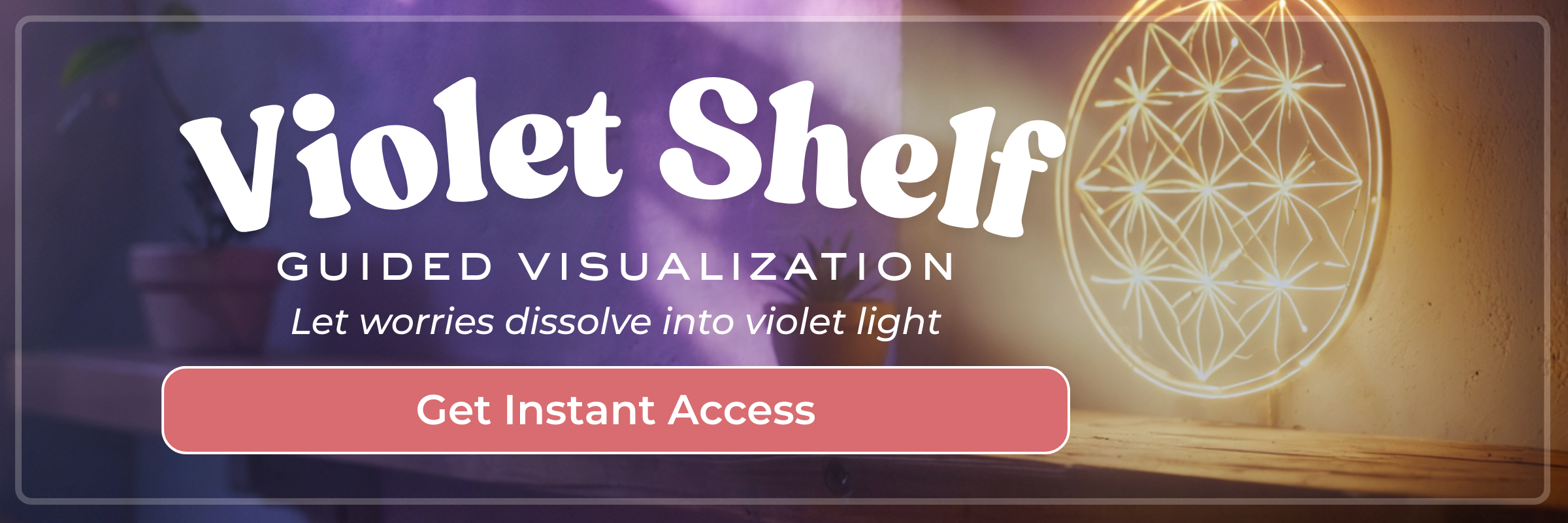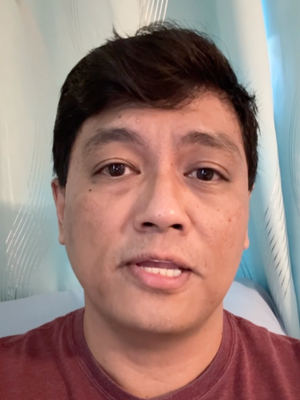Cognitive Off-loading: Empty Your Head to Sleep Faster

Cognitive offloading is a practical method of managing your thoughts by externalizing them, which can effectively improve sleep quality. If nighttime anxiety or racing thoughts regularly disrupt your sleep, cognitive offloading for sleep techniques help declutter your mind, facilitating deeper relaxation and restful sleep.
Analytic Alchemy emphasizes practical solutions combining logical clarity with intuitive practices. The following cognitive offloading techniques offer tangible, accessible approaches suitable even for individuals who find visualization challenging, such as those experiencing aphantasia.
What is Cognitive Offloading?
Cognitive offloading for sleep involves transferring thoughts, tasks, or concerns from your mind onto external mediums such as notebooks, digital devices, or audio recordings. This process reduces cognitive load and mental stress, allowing your mind to settle more easily into restful sleep (Risko & Gilbert, 2016).
By removing mental clutter, cognitive offloading effectively addresses one of the primary causes of sleep difficulty: nighttime anxiety from persistent thoughts about unfinished tasks or unresolved issues.
Benefits of Cognitive Offloading for Sleep
Cognitive offloading provides multiple benefits, including:
-
Reduced nighttime anxiety and racing thoughts
-
Improved ability to fall asleep quickly
-
Increased overall sleep quality and duration
-
Enhanced daytime cognitive performance and clarity (Scullin et al., 2018)
Research specifically demonstrates that writing out a detailed to-do list before bed significantly reduces sleep onset latency and enhances sleep quality (Scullin et al., 2018). Thus, cognitive offloading is a validated and practical approach to improved sleep hygiene.
Accessible Cognitive Offloading Techniques for Better Sleep
If visualizing scenarios is challenging, these straightforward, sensory, or action-focused cognitive offloading methods offer equally effective solutions:
Option 1: Nighttime Journaling
-
Keep a notebook near your bed and write out your thoughts, concerns, or to-do list clearly and specifically before attempting sleep.
-
Focus solely on transferring these thoughts onto the paper. If you prefer digital methods, a notes app on your phone works equally well.
-
Physically offloading your thoughts significantly decreases mental burden, making sleep easier.
Option 2: Structured Task Listing
-
Create a detailed task list for the next day in a notebook or digital device shortly before bedtime.
-
Be specific and practical in outlining each task clearly, assigning times or priorities if needed.
-
Once listed, remind yourself mentally: "My thoughts are safely recorded and can be addressed tomorrow," facilitating restful sleep.
Option 3: Audio-Based Thought Release
-
Record your thoughts or concerns as voice notes shortly before bedtime.
-
Speaking thoughts aloud into your device provides auditory confirmation of offloading, particularly beneficial if writing or visualization feels challenging.
-
After recording, clearly remind yourself the thoughts are externalized and no longer need mental attention tonight.
Each method effectively reduces cognitive load without relying on visualization, ensuring everyone can benefit from cognitive offloading for sleep practices.
How to Easily Integrate Cognitive Offloading for Sleep Into Your Routine
To maximize benefits, incorporate cognitive offloading consistently into your nightly routine with these straightforward strategies:
-
Consistent Bedtime Practice: Offload your thoughts each night at the same time to train your mind into a predictable routine.
-
Clear External Storage: Maintain organized notebooks or dedicated digital folders for your offloaded thoughts, creating mental clarity and reliability.
-
Brief Pre-Sleep Routine: Limit cognitive offloading sessions to 10 to 15 minutes to clearly signal your brain it is now safe to relax and sleep.
Overcoming Common Challenges with Cognitive Offloading
If you find cognitive offloading initially challenging or your thoughts remain persistent, these strategies can enhance effectiveness:
-
Remind yourself gently and consistently that your externalized thoughts will be safe and available tomorrow, reducing residual anxiety.
-
Experiment with the various methods to discover what works best for your comfort and practical preference.
-
Regular practice strengthens effectiveness, reducing initial resistance or uncertainty over time.
Cognitive Offloading Within the Analytic Alchemy Framework
Analytic Alchemy uniquely integrates logical clarity and intuitive practicality, making cognitive offloading a core method of our approach to sleep improvement. By clearly and systematically offloading thoughts, you create space for restful sleep, allowing natural healing processes to occur overnight. These accessible, practical methods ensure everyone, regardless of their visualization abilities, can improve sleep quality and overall well-being.
Start practicing cognitive offloading for sleep tonight to significantly improve your sleep quality, reduce anxiety, and experience greater daily clarity.
References
Risko, E. F., & Gilbert, S. J. (2016). Cognitive offloading. Trends in Cognitive Sciences, 20(9), 676–688. https://doi.org/10.1016/j.tics.2016.07.002
Scullin, M. K., Krueger, M. L., Ballard, H. K., Pruett, N., & Bliwise, D. L. (2018). The effects of bedtime writing on difficulty falling asleep: A polysomnographic study comparing to-do lists and completed activity lists. Journal of Experimental Psychology: General, 147(1), 139–146. https://doi.org/10.1037/xge0000374



